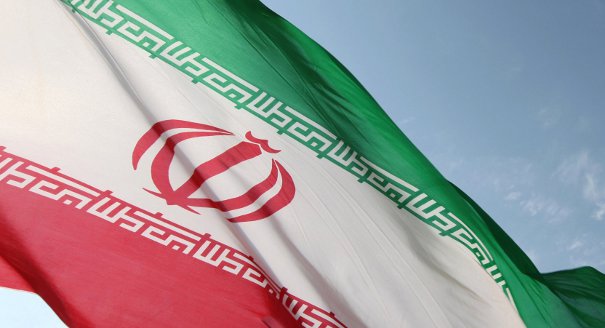Registration
You will receive an email confirming your registration.
IMGXYZ4041IMGZYX
For nearly three decades, the international community has imposed sanctions on Iran as a tactic to alter its behavior. Sanctions are considered an alternative to military action and as a means of minimizing the human and financial losses of war, but policymakers do not routinely address the alternate costs sanctions can impose. The Iran Project recently published a report, “Weighing Benefits and Costs of International Sanctions Against Iran,” to critically assess U.S. and U.S.-led sanctions on Iran. Carnegie hosted a panel with Ambassador William Luers, Lieutenant General Gregory Newbold, William A. Reinsch, and Carnegie’s George Perkovich to discuss the paper’s findings. Ambassador Thomas Pickering moderated.
The Impact of Sanctions on Iran
Reinsch noted that, for the most part, sanctions have not yet enabled the United States to achieve its policy objectives in Iran. In part, Reinsch attributes this to the absence of unified objectives given the variety of interested parties in the United States. Nonetheless, sanctions have had an impact on Iran:
- Economic Impact: Reinsch argued that sanctions have produced significant economic damage in Iran, particularly in the form of inflation.
- Political Impact: The Iranian Revolutionary Guard (IRGC) has grown stronger due to the economic crisis, Reinsch suggested. As the IRGC has expanded its oversight of the economy, its influence has increased. In particular IRGC control over the smuggling of goods into Iran has increased the IRGC’s political power.
- Humanitarian Impact: There is an acute humanitarian crisis as the import of agricultural and medical goods has subsided. Despite the fact that all U.S. sanctions have agricultural and medical trade exceptions, Reinsch pointed out that it is virtually impossible to finance such transactions because banks will not extend credit for the sale of any item into Iran.
- Military Impact: Newbold pointed out that sanctions have limited Iranian military modernization through restrictions on conventional arms procurement and development. He suggested that the consequences of this degradation will become quite clear if the United States does engage Iran militarily.
The Components of Effective Sanctions
- Flexibility: Reinsch noted that the effectiveness of sanctions depends upon their flexibility. He stressed the importance of retaining the ability to relax sanctions if Iran positively alters its behavior and warned that the tendency in Congress to codify sanctions into law reduces their flexibility. Pickering added that policymakers should use sanctions to elicit a resolution to the crisis and not just as a punitive tool.
- Multilateralism: Reinsch commended the Obama administration for emphasizing the importance of multilateral sanctions in its Iran policy. He noted that the larger the number of participating countries, the greater the chance of success for the sanctions in changing Iran’s behavior.
- Synchronization: Newbold noted that sanctions will only achieve their greatest effect when policymakers synchronize them through sophisticated integration of their economic, political, diplomatic, and military components.
Nuclear Parameters
Perkovich pointed out that any negotiated resolution to the Iran crisis will necessarily include recognition of Iran’s right to enrich uranium for peaceful purposes. The question remains how to build international confidence that Iran will not pursue nuclear militarization. To address this issue, Perkovich emphasized the importance of defining specific nuclear activities in which Iran cannot engage under the peaceful parameters of their program.
Drawing such boundaries, Pickering added, will set an important precedent for the nonproliferation regime for the future.
